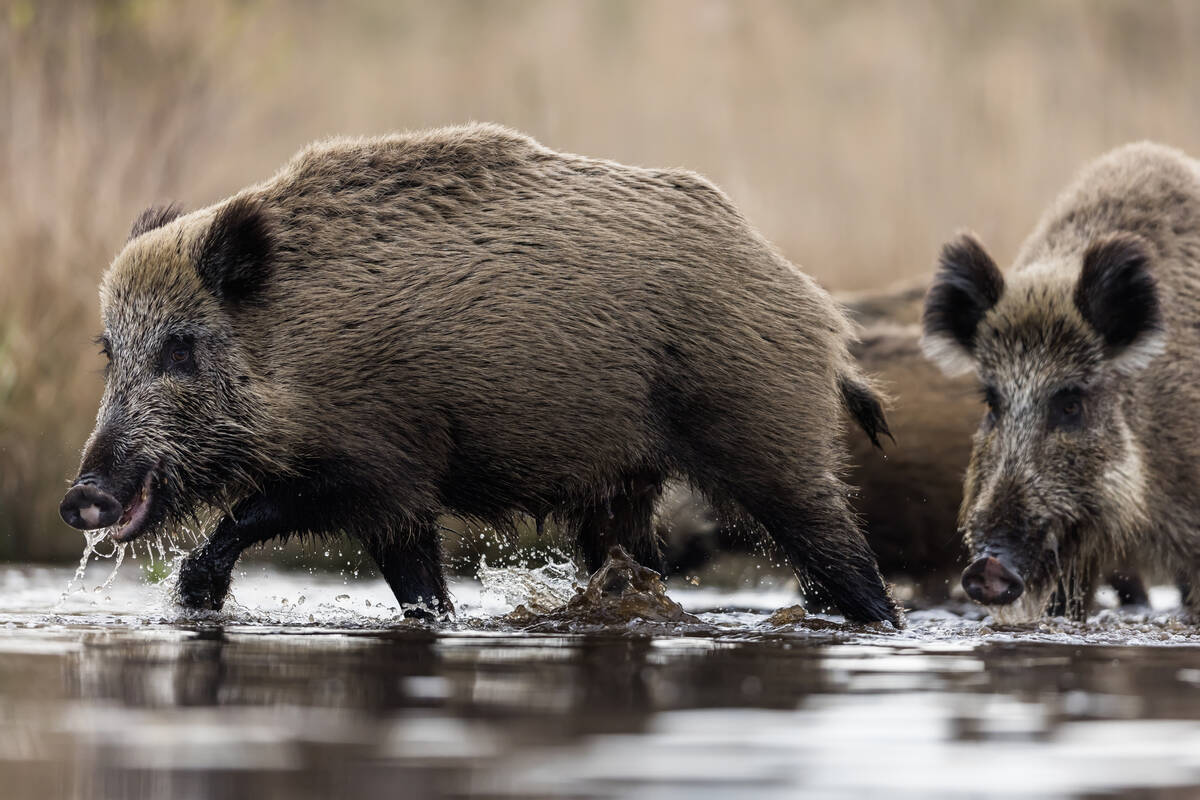The Cinderella crop is about to become the belle of the ball at the Canada Agriculture and Food Museum in Ottawa.
It is preparing to launch a five-year exhibit featuring canola.
“It’s kind of like this all-encompassing crop, which allows us to really tell the story of Canadian innovation, of success in science and inspire people,” museum spokesperson Renee-Claude Goulet told delegates attending the recent Canola Industry Meeting.
The museum attracts 180,000 visitors per year, and its programming reaches another 500,000 people online and through travelling exhibits. It is located on an experimental farm in the nation’s capital.
Read Also

Manitoba bans wild boar possession
Manitoba has tightened the regulatory status of Eurasian wild boar in an effort to help fight back against invasive wild pigs.
“We’re in the centre of Ottawa, which makes it pretty special because not a lot of people from Ottawa have been on farms,” she said.
The facility is equipped with barns and barnyards that are home to a 50-head dairy herd, chickens, pigs and other animals in addition to a large exhibition area.
The goal of the museum is to reconnect people to agriculture.
Goulet said it is a national museum, but there hasn’t been much representation from Western Canada up until now.
“We haven’t been great partners in the pas,” she said. “Our reach kind of ends in Ontario. We hope to partner up and have a greater reach throughout Canada.”
The new canola exhibit, which takes 195 sq. metres of floor space at the museum, is one step in that direction.
“It’s an ideal topic for an exhibit because it covers a lot of our history and current innovation.”
The exhibit will celebrate the 50th anniversary of the crop and will educate visitors on the history of plant breeding, genetically modified food, the crop’s use in the food, feed and fuel sectors and its environmental sustainability and human health benefits.
It will also focus on what will happen to the crop in the next 50 years.
“As much as we want to feature the past, we also want to feature the future,” she said.
The hope is that the exhibit’s educational component will help combat the false information that is being spread on social media about the crop.
“One of our jobs is to demystify that without brainwashing or anything. Just kind of having an objective point of view,” she said.
Visitors to the Ottawa museum will see how canola oil is used to make food products in the demonstration kitchen and how the meal is fed to dairy cows and chickens.















